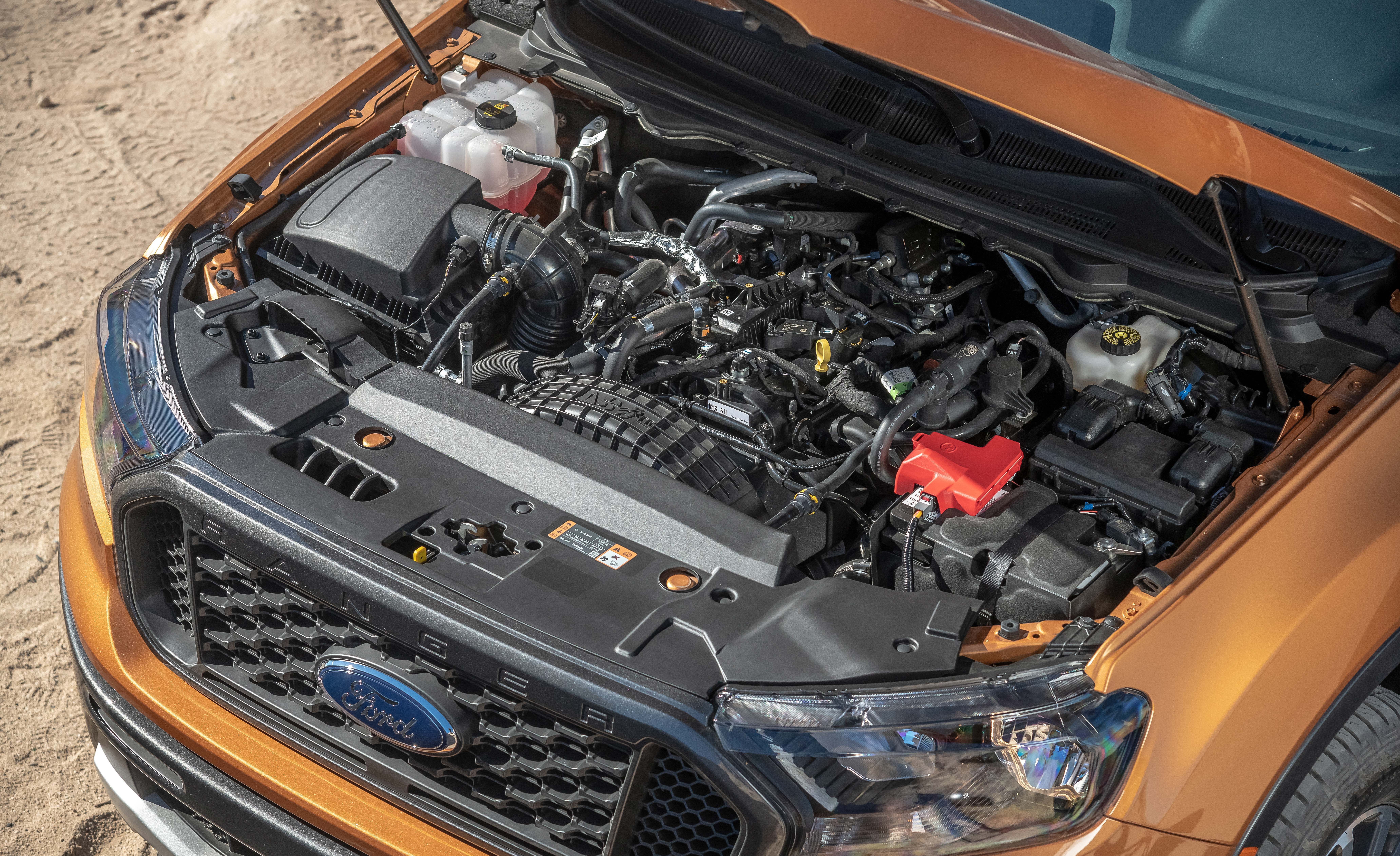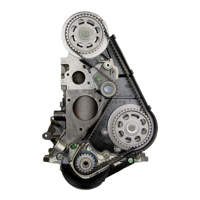Explore the Key Features of the 2.2 Ford Ranger Engine and Its Fuel Efficiency
Explore the Key Features of the 2.2 Ford Ranger Engine and Its Fuel Efficiency
Blog Article
Just How to Select the Right Car Engine for Optimum Efficiency and Effectiveness
Selecting the proper cars and truck engine to accomplish an optimum balance of performance and performance necessitates a nuanced understanding of various engine kinds and their details characteristics. Aspects such as engine displacement, the number of cyndrical tubes, and gas type play a crucial role in establishing both power outcome and gas economy. While some may lean in the direction of performance-driven options, others may focus on sustainability and performance. Recognizing these dynamics is necessary; however, the difficulty exists in aligning these attributes with your individual driving choices and demands. What considerations will ultimately lead your decision?
Understanding Engine Types
When choosing a cars and truck, among one of the most essential components to consider is the engine kind, which serves as the heart of the car. The engine type considerably affects the cars and truck's general performance, durability, and suitability for your driving demands. There are largely 3 engine kinds to think about: internal burning engines (ICE), hybrid engines, and electrical engines.
Interior combustion engines continue to be one of the most typical, operating fuel or diesel. They are recognized for their power and velocity, making them suitable for performance-oriented automobiles. Nonetheless, they may drop short in gas efficiency and ecological effect.
Hybrid engines incorporate an inner burning engine with an electric motor, offering an equilibrium in between performance and gas economy. They are increasingly popular for drivers looking for decreased exhausts while still delivering ample power.
Electric engines, powered completely by batteries, are obtaining grip because of their ecological benefits and lower running expenses. They offer instantaneous torque and a quiet driving experience, making them optimal for urban travelling.

Performance vs. Performance
Choosing the appropriate engine kind includes considering the compromises in between performance and performance. Efficiency typically refers to just how well an engine can provide power and acceleration, which is commonly connected with larger variation engines or those with turbocharging capacities. These engines commonly supply exhilarating driving experiences and quick feedback times, making them prominent among enthusiasts.
On the other hand, performance focuses on fuel economic situation and lower exhausts. Smaller sized engines, especially those equipped with sophisticated technologies such as straight gas injection and variable shutoff timing, tend to deliver far better miles per gallon and decreased carbon footprints. While these engines may compromise some power compared to their larger counterparts, they frequently succeed in everyday driving situations where high performance is not constantly required.
Ultimately, the selection between efficiency and performance rest on individual top priorities. A chauffeur who values perky driving might prioritize a high-performance engine, while someone looking for affordable travelling may lean toward an effective alternative. Comprehending these trade-offs is essential for making an educated choice that aligns with your driving demands and way of life, ensuring that the selected engine kind matches your assumptions for both efficiency and performance.
Key Requirements to Think About
Comprehending key requirements is essential for making a click now notified choice regarding the appropriate vehicle engine. When picking an engine, a number of important variables require factor to consider to guarantee ideal performance and performance.
Firstly, engine displacement, gauged in liters or cubic centimeters, is a vital requirements. It shows the complete volume of the engine's cylinders and typically correlates with power output; larger displacements typically produce more power. Next off, the variety of cylinders plays a considerable duty in efficiency features. Engines with even more cylinders can give smoother operation and greater power, while smaller arrangements can enhance gas efficiency.
Furthermore, the engine's configuration, whether inline, V-type, or rotating, influences the total style and performance features of the vehicle - 2.2 ford ranger engine. Turbocharging and supercharging technologies need to likewise be reviewed; these increase an engine's power result without substantially enhancing its size, thus enhancing effectiveness
Fuel type is an additional essential factor to consider, as it influences both efficiency and prices. Finally, the engine's compression proportion affects performance and power distribution; a higher proportion typically results in much better efficiency, yet may need exceptional gas. By carefully evaluating these specifications, you can select an engine that aligns with your efficiency and performance objectives.
Reviewing Driving Demands
Evaluating driving needs is a basic action in establishing the appropriate car engine for your lifestyle and usage patterns. If your driving largely consists of brief commutes in urban settings, a smaller engine with great gas efficiency might be enough.
Think about the terrain you normally browse. Hilly or rugged landscapes may demand an engine with greater torque for far better efficiency. Additionally, assess guest and freight needs; larger households or those that deliver goods might gain from lorries with boosted power and capability.
Diesel engines frequently provide premium torque and gas Your Domain Name economic climate for much heavier automobiles, while gasoline engines might provide a smoother and quieter adventure. Aspect in environmental considerations, as hybrid or electrical engines can supply a more sustainable choice without compromising efficiency.
Future Patterns in Engine Modern Technology
As the automotive sector remains this post to progress, innovations in engine technology are leading the way for a lot more sustainable and reliable driving experiences. One substantial trend is the change towards electrification, with hybrid and totally electrical powertrains getting importance. Automakers are investing greatly in battery innovation to enhance energy thickness and lower charging times, inevitably improving the usefulness of electrical vehicles (EVs)
One more arising fad is the growth of hydrogen fuel cell engines. 2.2 ford ranger engine. These systems use the potential for zero-emission driving while offering refueling times similar to traditional gas engines. In addition, developments in combustion technology, such as variable compression proportions and enhanced turbocharging, are maximizing typical inner combustion engines for better effectiveness and performance
Digital integration is likewise a critical aspect of future engine innovation. The application of synthetic knowledge and artificial intelligence enables real-time data analysis, allowing smarter engine administration systems that adapt to driving conditions and improve fuel performance.

Verdict
Finally, picking the ideal cars and truck engine requires a comprehensive assessment of various aspects, including engine kind, performance needs, and effectiveness objectives. By comprehending the distinctions in between various engine types and considering vital specs, people can align their selections with particular driving demands. As improvements in engine modern technology continue to emerge, staying educated concerning future fads will certainly additionally enhance decision-making, inevitably bring about a lorry that balances efficiency and fuel performance effectively.
Choosing the suitable vehicle engine to accomplish an optimum equilibrium of efficiency and efficiency necessitates a nuanced understanding of different engine kinds and their particular attributes. There are mainly three engine kinds to take into consideration: interior burning engines (ICE), hybrid engines, and electric engines.
Performance generally refers to just how well an engine can deliver power and acceleration, which is usually associated with bigger variation engines or those with turbocharging capacities. Diesel engines often offer premium torque and fuel economic situation for larger vehicles, while gas engines might provide a smoother and quieter ride.In conclusion, selecting the suitable automobile engine requires an extensive assessment of various factors, consisting of engine kind, performance requirements, and efficiency objectives.
Report this page